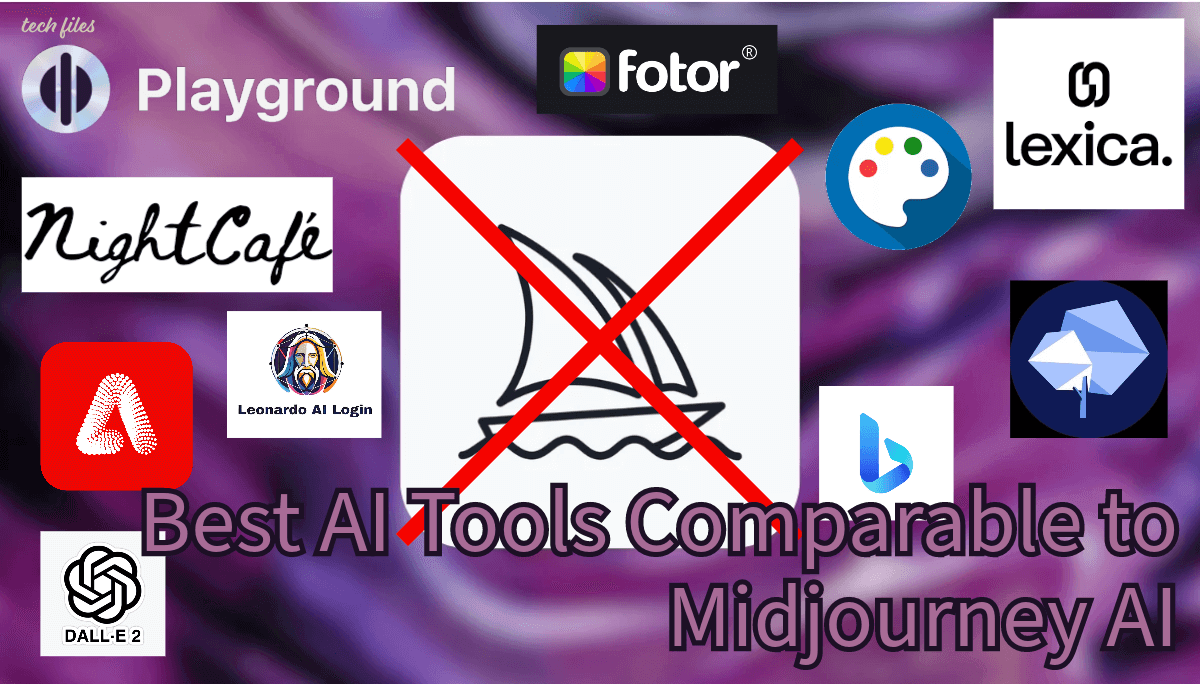AI Tools: Enhancing Equity in Scientific Research

In the ever-evolving landscape of scientific research, AI tools are emerging as powerful allies, revolutionizing the way scientists work and promoting equity among researchers. These tools have the potential to level the playing field by providing access to vast amounts of data and information, reducing linguistic barriers, automating time-consuming tasks, and offering new insights. In this article, we will explore how AI tools can enhance equity in science and contribute to a more inclusive research environment.
Reducing Linguistic Barriers
Language barriers have long been a challenge for scientists, particularly for non-native English speakers. The technical and financial burden of editing and proofreading papers can hinder their progress. However, AI tools like Lex and Writefull X, acting as intelligent word processors, are transforming the writing process and assisting researchers in refining their content. These tools help improve the quality of scientific writing and communication, making research more accessible to a wider audience. By enhancing writing skills and overcoming language barriers, AI tools contribute to more equitable scientific communication.
Moreover, AI-powered language translation tools such as ChatGPT and DeepL are breaking down linguistic disparities in academia. These tools provide language translation and assistance, enabling non-native English speakers to engage more effectively in scientific discourse. By making scientific papers available in multiple languages, AI tools promote inclusivity and ensure that researchers from diverse linguistic backgrounds have equal opportunities to contribute to scientific knowledge.
Automating Time-Consuming Tasks
Scientific research often involves labor-intensive and time-consuming tasks such as data analysis, literature review, and writing. These tasks can pose challenges for researchers, especially those with limited time or competing commitments. AI tools offer a solution by automating these processes, freeing up scientists to focus on more creative and strategic work.
For instance, Grammarly, an AI-powered writing assistant, helps scientists write more clearly and concisely. This tool is particularly beneficial for non-native English speakers, as it assists in overcoming language barriers and improving the quality of scientific writing. By streamlining the writing process, Grammarly promotes efficiency and equity in scientific communication.
Similarly, LabBench, an AI-powered platform, assists scientists in designing and executing experiments more efficiently. By automating routine laboratory tasks, LabBench allows researchers to allocate their time and resources more effectively, enhancing productivity and promoting equity in scientific research.
Providing New Insights
AI tools have the remarkable ability to analyze large datasets and identify patterns that may go unnoticed by humans. These insights can lead to new discoveries and breakthroughs in science, empowering researchers with novel perspectives and ideas.
SciFinder, a database of scientific literature, utilizes AI tools to search for relevant papers and patterns. By harnessing the power of AI, researchers can navigate the vast amount of scientific literature more efficiently, saving time and ensuring that they have access to the most relevant information. This democratization of knowledge acquisition promotes equity in research opportunities and facilitates interdisciplinary collaborations.
In addition to these specific tools, AI is also being leveraged to develop new educational resources and training programs that make science more accessible to individuals from diverse backgrounds. These initiatives aim to bridge the gap between underrepresented groups and scientific knowledge, fostering equity in the pursuit of scientific excellence.
Ensuring Access and Affordability
While AI tools hold significant potential for enhancing equity in science, it is crucial to address the accessibility and affordability challenges associated with their adoption. Many AI tools are currently expensive and require specialized training to use effectively, limiting access for scientists from low- and middle-income countries and early-career researchers.
To promote equity, efforts should be made to make AI tools more accessible and affordable. This could involve developing cost-effective alternatives, open-source solutions, and user-friendly interfaces. By lowering the barriers to entry, more researchers, regardless of their financial resources or affiliations, would have the opportunity to benefit from AI tools and contribute to scientific progress.
Developing AI Tools with Equity in Mind
To maximize the impact of AI tools on equity in science, it is essential to develop these tools with a focus on addressing existing inequities. By embedding equity considerations into the design and development process, AI tools can actively contribute to a more inclusive research environment.
One aspect to consider is the potential for bias in AI algorithms. While AI algorithms can uncover patterns and connections that may be overlooked by humans, they are not immune to bias themselves. Researchers should be aware of potential biases and actively work to mitigate them. Developing AI tools that assist in identifying and mitigating bias in research can ensure that scientific findings are based on objective analysis rather than subjective factors.
Furthermore, educating scientists about the responsible and ethical use of AI tools is crucial. Researchers should understand the limitations of AI and use these tools in a way that is fair, inclusive, and aligned with ethical standards. By promoting responsible AI usage, scientists can harness the power of AI tools while minimizing potential negative impacts on equity in science.
Conclusion
AI tools offer immense potential to enhance equity in scientific research. By reducing linguistic barriers, automating time-consuming tasks, providing new insights, and ensuring access and affordability, these tools contribute to a more inclusive and equitable research environment.
However, it is important to acknowledge that AI tools are not a panacea for all equity challenges in science. They should be seen as tools that can complement and support researchers in their pursuit of scientific excellence. Through ongoing efforts to make AI tools more accessible, address biases, and promote responsible usage, we can harness the full potential of AI to promote equity and inclusivity in science.
As the scientific community continues to embrace AI, it is crucial to prioritize equity considerations and ensure that the benefits of AI tools are shared by all researchers, regardless of their backgrounds or resources. By leveraging AI tools in a responsible and inclusive manner, we can unlock new frontiers of scientific discovery and foster a more equitable and diverse scientific community.
Additional Information:
- AI tools have the potential to transform scientific research by providing quick access to vast amounts of data and information.
- These tools can help address bias and inequalities by promoting diversity and inclusion in scientific research.
- AI tools can assist in identifying and mitigating unconscious biases in research publications, ensuring that scientific findings are based on objective analysis.
- Efforts should be made to make AI tools more accessible and affordable, particularly for researchers from low- and middle-income countries and early-career researchers.
- AI tools should be developed with equity in mind, considering potential biases and promoting responsible and ethical usage.
- Education and awareness about AI tools are crucial to ensure their responsible and inclusive use in scientific research.













Sharing is caring!